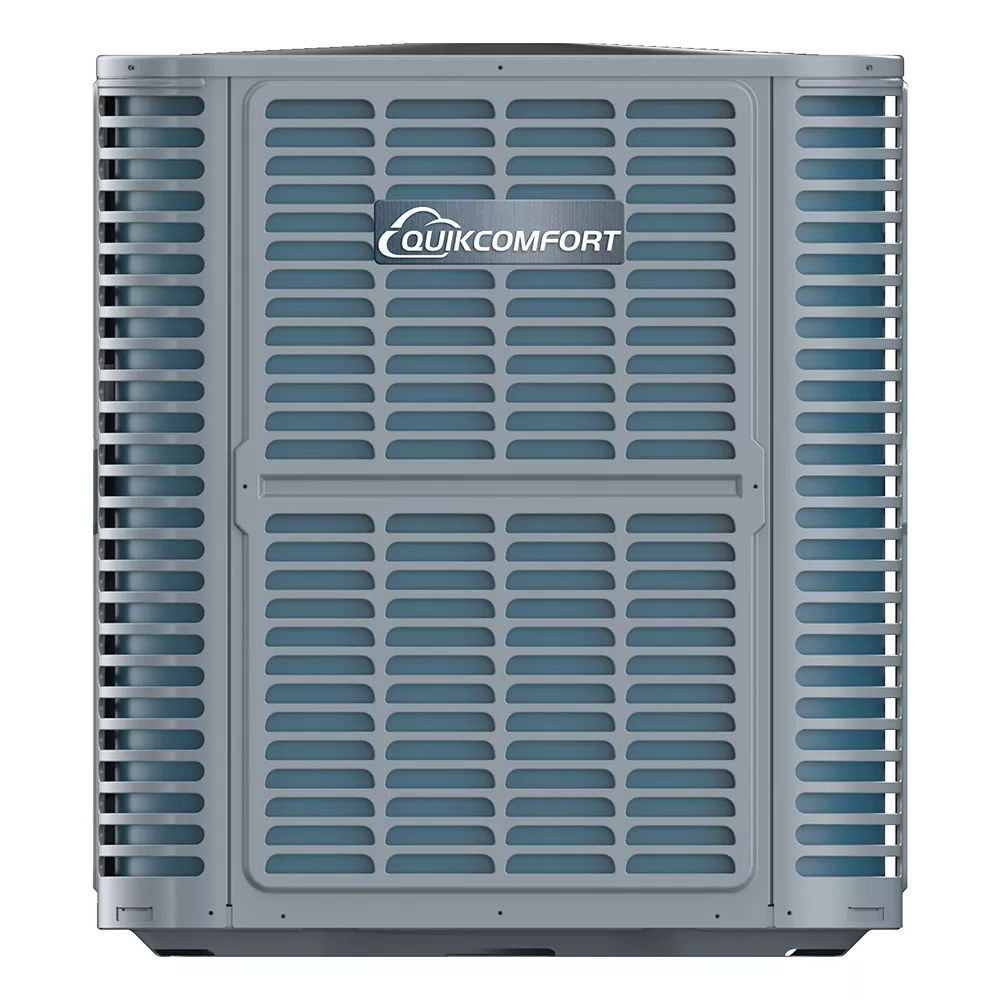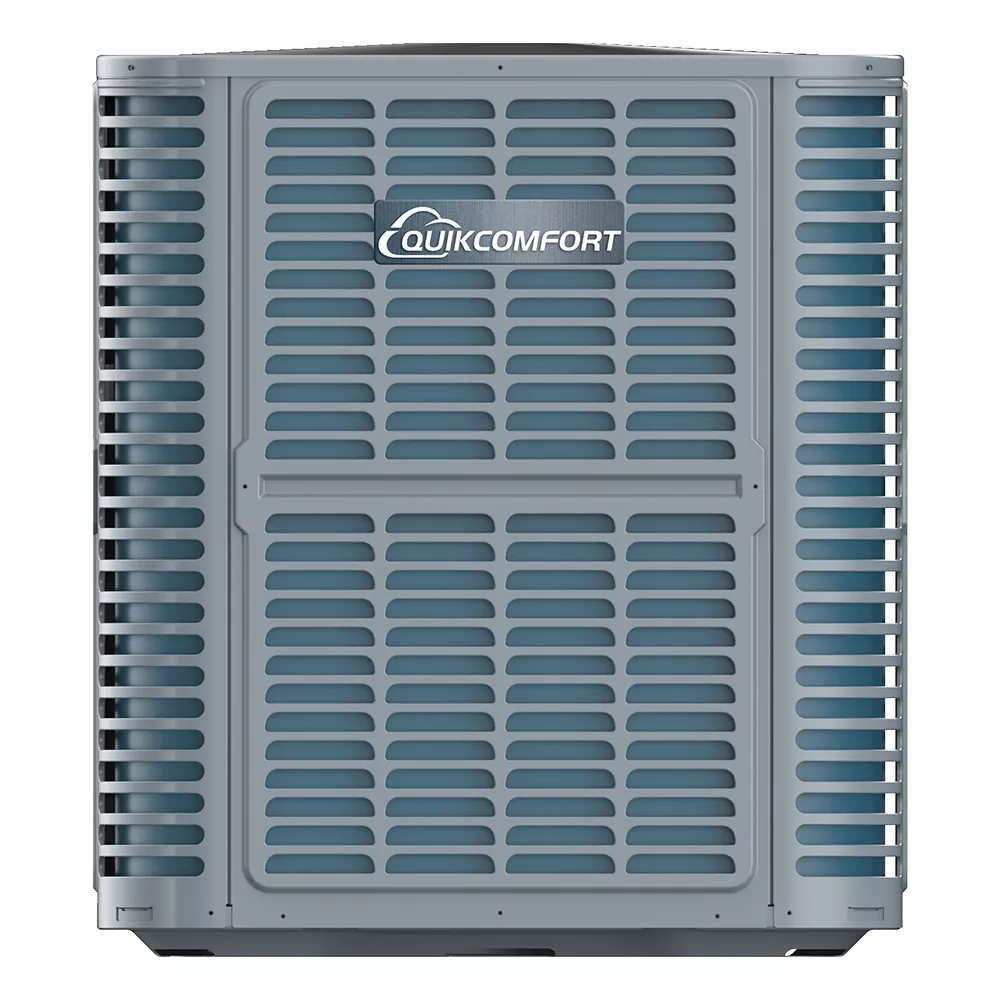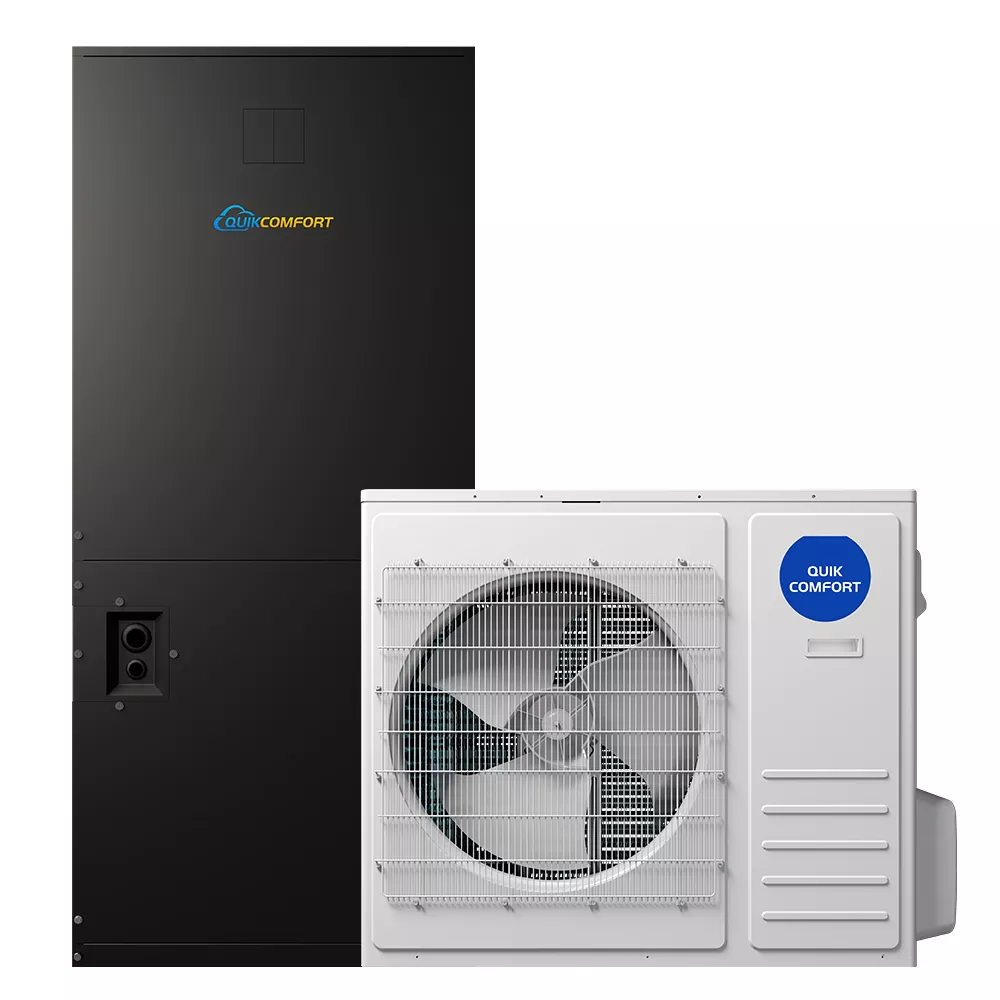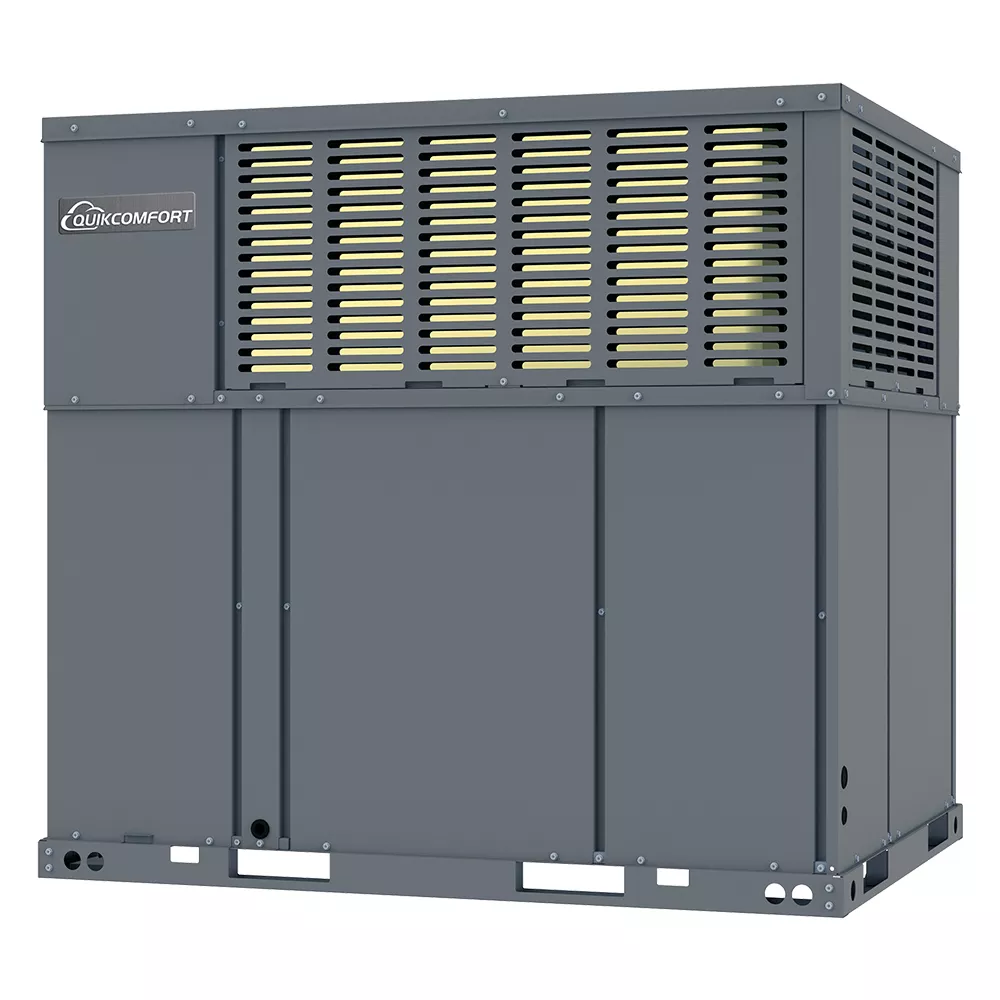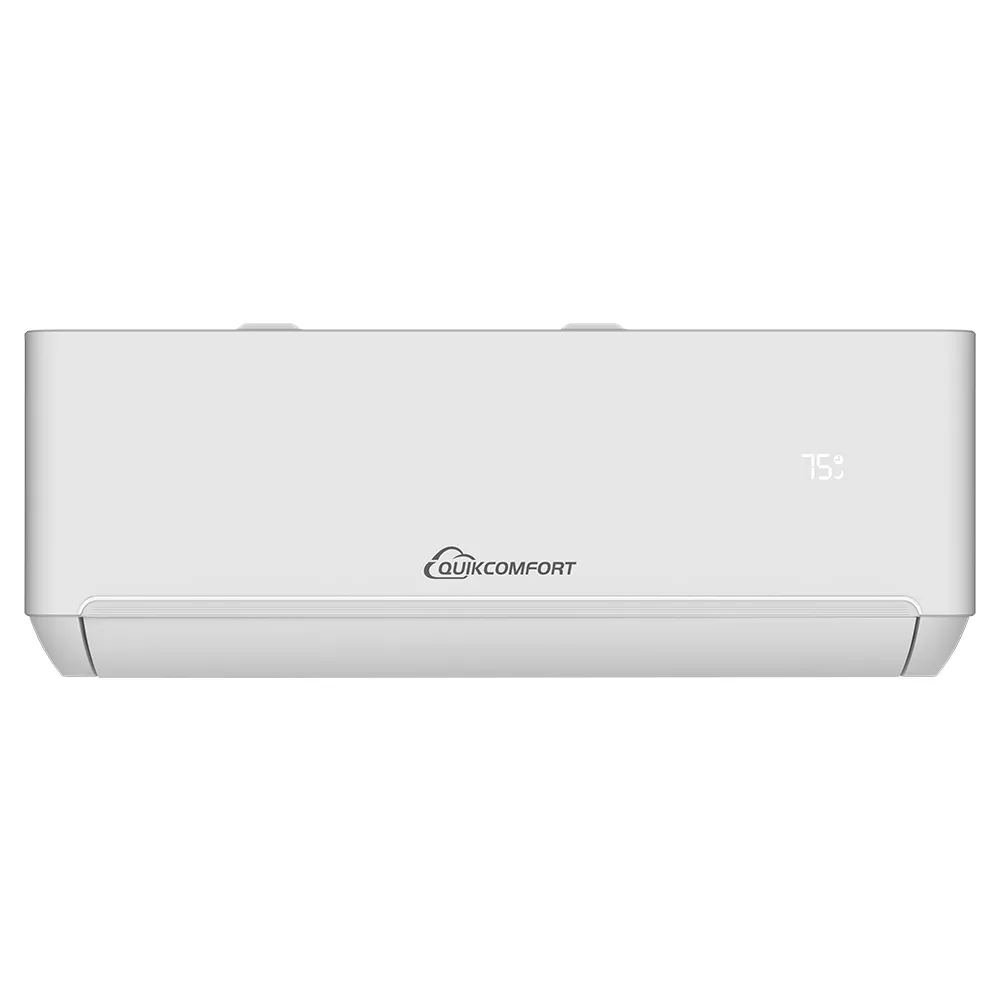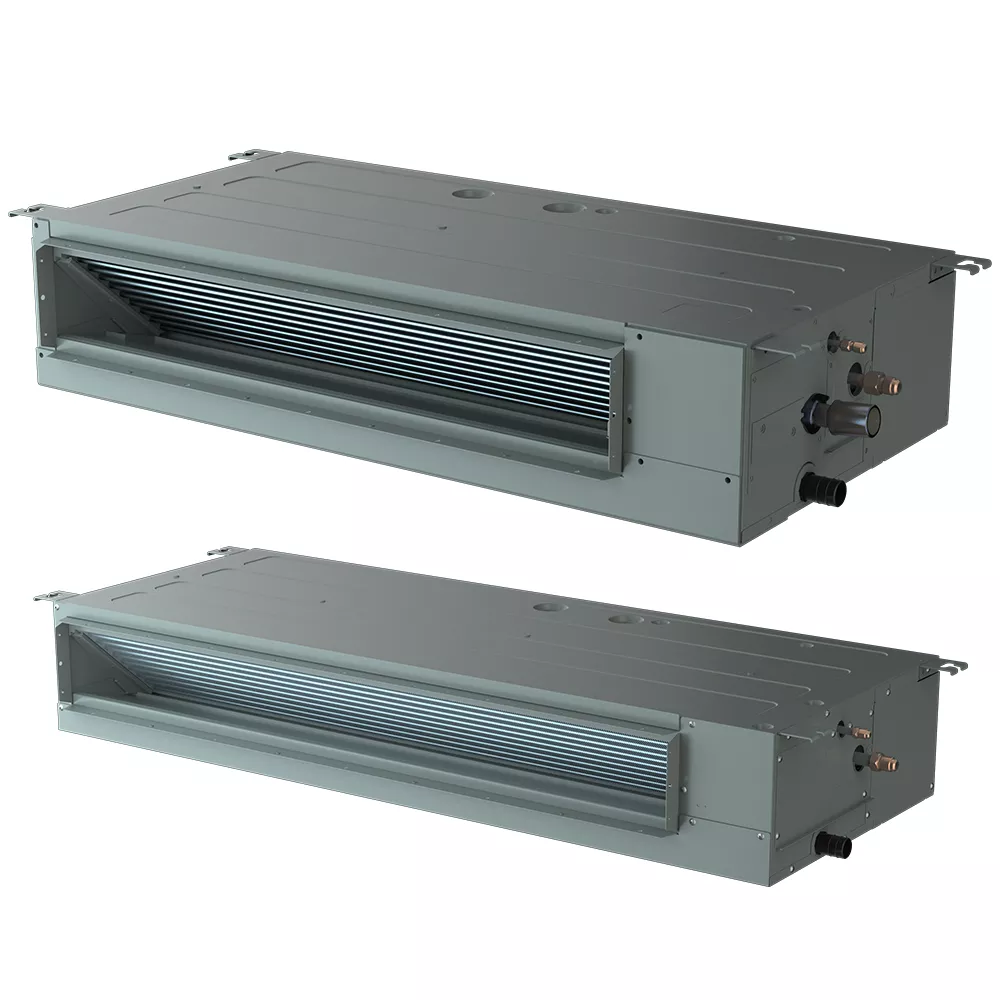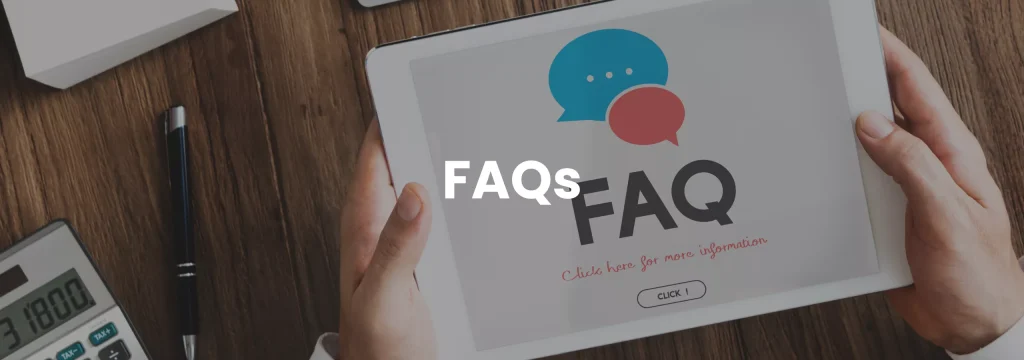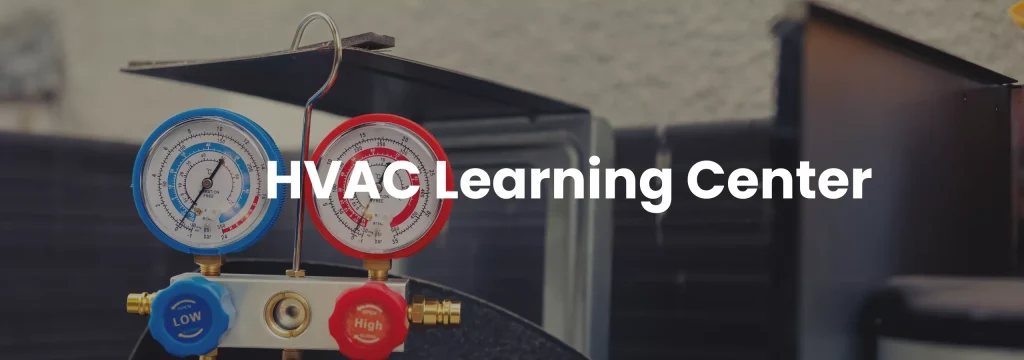What is the difference between an air conditioner and a heat pump?
An air conditioner cools indoor air by transferring heat outside, while a heat pump can both heat and cool a space. In cooling mode, heat pumps work the same way as air conditioners, but in heating mode, they reverse the refrigeration cycle to pull heat from the outside air and bring it inside. Heat pumps are more versatile, as they can be used year-round, whereas air conditioners are designed only for cooling.
How do I know which HVAC system is right for my home or business?
Choosing the right HVAC system depends on several factors, including the size of your space, climate, energy efficiency preferences, and whether your property has existing ductwork. A professional HVAC technician can help assess your needs and recommend the best system for your situation, such as a ductless system for homes without ducts, or a central air system for larger spaces.
What is SEER (Seasonal Energy Efficiency Ratio) and why does it matter?
SEER is a measure of an air conditioner’s or heat pump’s efficiency over a typical cooling season. The higher the SEER rating, the more energy-efficient the system is. A higher SEER means lower operating costs and less environmental impact. For example, an air conditioner with a SEER of 18 will be more energy-efficient than one with a SEER of 14.
How long should my HVAC system last?
The lifespan of an HVAC system typically ranges from 10 to 20 years, depending on the type of system, maintenance, and how frequently it’s used. Regular maintenance can help extend the lifespan of your system. Air conditioners and heat pumps generally last around 15 years, while furnaces can last longer, up to 20 years or more.
What maintenance does my HVAC system require?
Routine maintenance includes tasks like replacing air filters, cleaning the coils, checking refrigerant levels, and inspecting ducts for leaks. Scheduling professional maintenance at least once a year can improve efficiency, reduce the likelihood of breakdowns, and extend the lifespan of your system.
Can I use an HVAC system in both hot and cold climates?
Yes, heat pumps are specifically designed to work in both hot and cold climates. They provide cooling in the summer and heating in the winter. However, in extremely cold climates, the efficiency of air-source heat pumps can decrease. In such cases, a dual heating system (using a heat pump for cooling and a secondary heating system for extreme cold) might be necessary.


